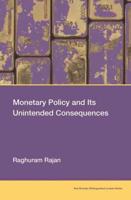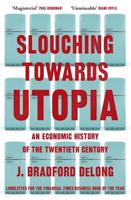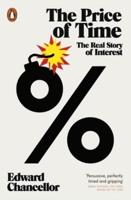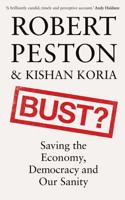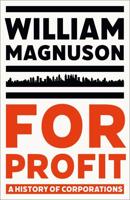Publisher's Synopsis
Excerpt from Strategic Trade Policy With Incompletely Informed Policymakers
This paper analyses the implications of incomplete information for strategic trade policy. It revisits in an incomplete information context the simple but powerful point made by Brander and Spencer (1985) that in an oligopolistic industry, unilateral government intervention can shift rents by providing a strategic advantage.
The analysis is motivated by the observation that informational asymmetries between firms and policymakers are often quite acute in trade policy. In the US for example, when firms petition for antidumping or countervailing duty investigations, the investigators rely on proprietary information frequently provided by the petitioners. Even senior officials within the US International Trade Commission express concern that the information used in injury investigations is inadequate and biased. For instance, Commissioner Cass has stated, Professional statisticians would be appalled to see the sort of judgments drawn by most commissioners from the information presented to us (quoted in Bovard p. Another hi gh-ranking itc official has been quoted, If you look at the way the itc has to do business, we have industry analysts who get information from the industry and the only way you can get that information is to be on a friendly basis with the industry definitely has the power to censor the information that comes out of the itc (bovard, p. The potential for informational asymmetries is most obvious in the case of infant industries, where the cost structure of emerging enterprises is evolving, and possibly unique to each enterprise. But it also afflicts mature industries, where efficient targeting may be compromised by long-standing relationships between regulators and managers that serve to obscure information from central authorities.
About the Publisher
Forgotten Books publishes hundreds of thousands of rare and classic books. Find more at www.forgottenbooks.com
This book is a reproduction of an important historical work. Forgotten Books uses state-of-the-art technology to digitally reconstruct the work, preserving the original format whilst repairing imperfections present in the aged copy. In rare cases, an imperfection in the original, such as a blemish or missing page, may be replicated in our edition. We do, however, repair the vast majority of imperfections successfully; any imperfections that remain are intentionally left to preserve the state of such historical works.

